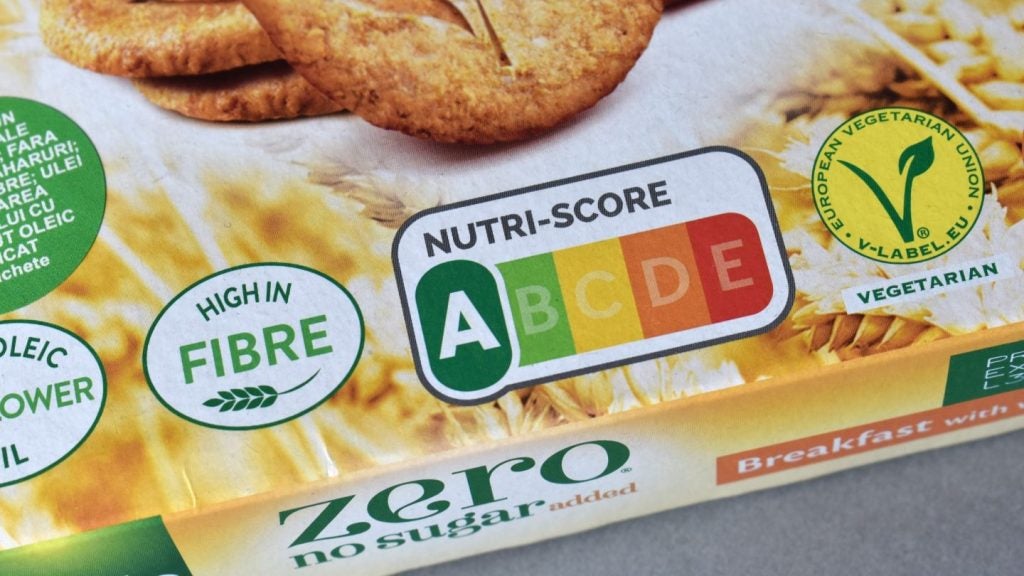European consumers are at risk of “being fooled” by a growing number of “confusing” and “misleading” food labels, according to the European Court of Auditors (ECA).
Grocery shoppers can get “lost in a maze of food labels”, even though they are intended to provide information about the content and properties of food products, the ECA claimed.
The audit body is calling for improvements in EU food-labelling regulations to help consumers make informed decisions and fill the “worrying gaps” it found in the bloc’s legislation.
Such gaps allow for the use of health claims for products that could be high in fat, sugar or salt (HFSS), the ECA said.
The audit also points out issues with non-regulated health claims, particularly those related to plant substances or “botanicals”.
These claims often lack scientific evidence, further adding to consumer confusion, the ECA said.
Additionally, “vague statements” and “over-cautious” allergen labelling and the absence of an EU-wide definition for vegan and vegetarian products contribute to the problem.
ECA member Keit Pentus-Rosimannus said: “Instead of bringing clarity, food labels too often create confusion; there are hundreds of different schemes, logos and claims that people need to decipher.
“Companies can be very creative in what they put on packaging and EU rules have not caught up with a constantly evolving market, leaving some 450 million European consumers vulnerable to intentionally or unintentionally misleading messages.”
Furthermore, front-of-pack nutrition labelling systems such as Nutri-Score, NutrInform Battery, and Keyhole lack harmonisation across the EU, causing increased confusion.
European consumer rights group Foodwatch advocates for the adoption of Nutri-Score across the bloc.
Nutri-Score labels rate food healthiness from A (green, healthiest) to E (red, least healthy) for comparison.
Foodwatch campaign manager Audrey Morice noted: “Labels, however small, have a major impact on our consumption habits. They guide our choices and our health. There is no more time to lose: the Nutri-Score must be mandatory throughout Europe.”
Furthermore, Foodwatch called on the European Commission to urge member states to take the initiative and implement Nutri-Score at the national level.
Voluntary labels and claims, such as “antibiotic-free” or “natural”, are also problematic, as they often lack certification and contribute to greenwashing.
Current EU regulations are “unable to prevent” these practices, according to the ECA.
Earlier this month, French grocer Carrefour demanded its suppliers should include Nutri-Score information on products sold through carrefour.fr.
The retailer, which has been using Nutri-Score labels on its own-brand products since 2019, said it will publicly name manufacturers opposing the initiative on its website.









